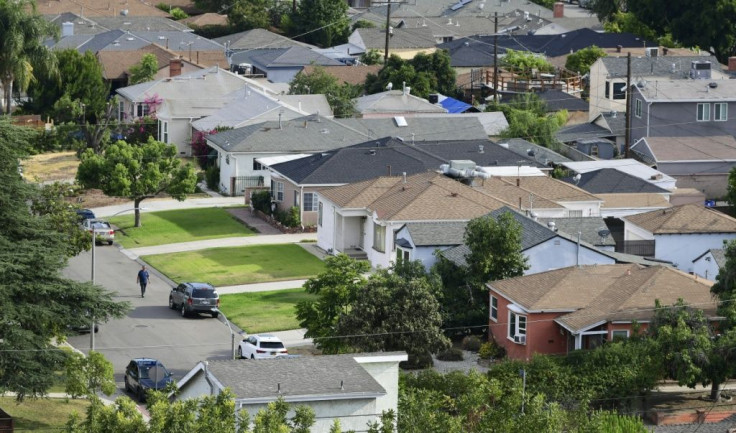Housing Market, Another Boom Or Another Bust?

In recent years, the housing market has been resilient, even during the pandemic, with house prices reaching new highs. But how long can it last? Is the housing market heading for another boom or another bust? There are good arguments for each scenario.
One of the arguments for the boom scenario is the return of inflation, which is usually a good thing for the housing market. Homes are real assets, and therefore, they are good hedges against inflation. For instance, home prices rose at 19.2% in January, up from 18.9% in December, according to the S&P CoreLogic Case-Shiller Index. That's more than twice the inflation rate, which rose to 7.9 percent in February.
Then there's a strong labor market, which has driven unemployment below 4%. It helps the housing market, as more people qualify for mortgages, meaning a higher demand for homes. Meanwhile, wages are growing at the highest rate in decades. "Thus at least partially offsetting the increase in interest rates," says Daniela Andreevska, VP of Content and real estate expert at Mashvisor, a real estate data analytics company. "This means that even though it becomes more expensive to lend money to buy a home, people are making more money, so affordability is not greatly affected."
And there's a tight supply of homes, which helps push home prices higher. "Until the availability of homes for sale increases, we cannot expect the US market to cool down enough to become a neutral market, not a buyer's market," adds Andreevska.
Meanwhile, there's "creative" lending. "This is an extremely frustrating market for buyers, and you can bet that this type of market is a rising interest rate market," says Nicole Rueth, SVP and Producing Branch Manager at The Rueth Team at Fairway Mortgage. "It may seem that the odds are stacked against interested homebuyers, but the options available are just a matter of education. Creative lending can stack an offer for a homebuyer's advantage."
Still, there are plenty of arguments for the bust scenario. First, mortgage rates have more than doubled from a couple of years ago, raising the cost of carrying a mortgage, even if labor market conditions remain strong. "Describing the recent increase in mortgage rates as substantial would be an understatement," says Ryan McKeveny, equity research analyst covering Real Estate Services and Mortgage sectors at Zelman & Associates. "Over the last 13 weeks, which aligns with the year-to-date period, mortgage rates have jumped 156 basis points. This is the largest increase on a trailing 13-week basis since 1994 and ranks within the 99th percentile of rate movements since data was available in 1972."
Then there's affordability. "Alongside a continued increase in home prices, primary-buyer affordability has quickly deteriorated, with our entry-level affordability index reaching "stretched" territory for the first time since 2007 – contributing to our cautious outlook for home prices in 2023-24," adds McKeveny.
And there's the Fed's double tightening, the raising of short-term interest rates and the downsizing of its balance sheet, and the inversion of the yield curve, which predicts a recession down the road. That's not a good thing for the housing market, as demand for homes usually drops in recessions.
Meanwhile, there's home valuation, which is in bubble territory, worsening affordability. "Until recently, not many people thought that housing was in a bubble," Tabitha Mazzara, Director of Operations at mortgage lender MBANC. "But Dallas Fed researchers recently noted "abnormal US housing market behavior," "reasons for concern," and calling housing prices "unhinged from fundamentals."
"The Fed bloggers also noted that investments based on distorted expectations of returns and reduced economic growth are some of the potential consequences of explosive appreciation in housing prices that are driven by expectations, which they term "exuberance."
Still, Kirby Scofield Broker, Owner of Scofield Realty, isn't concerned. "No, we are not seeing any slow-down, simple Supply and Demand economics," he says. "The rates aren't factoring the premium over an appraised value that is pricing people out by cash on hand. We just had one at the average price, and even when the rate went up and the client was scared, the lender came back and said it raised it $40 a month. That's nothing vs. the $50k over appraisal just to win the bid on the home."
That sounds like the housing market back in 2006-7, shortly before the housing market crashed.
Will history repeat itself? It remains to be seen.
© Copyright IBTimes 2024. All rights reserved.












